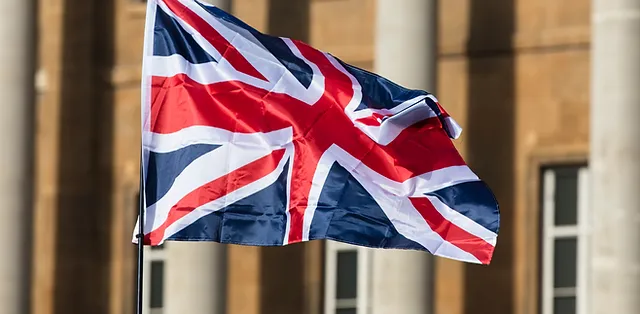The UK emerged from recession at the beginning of the year thanks to stronger-than-expected growth.
According to official statistics, the GDP expanded by 0.6% between January and March—the quickest pace in the previous two years.
After contracting for two consecutive three-month periods, the UK entered a recession at the conclusion of the previous year.
While Labour said that now was not the time for a “victory lap”, Prime Minister Rishi Sunak claimed that the economy had “turned a corner”.
The Bank of England governor, Andrew Bailey, told the BBC on Thursday that while the UK was seeing a recovery, it was not a significant one.
Interest rates have reached their highest point in sixteen years, which means that borrowing costs for loans and mortgages are higher, but saver returns have improved as well.
Recent weeks have seen a gradual increase in mortgage rates as expectations on the timing of the Bank of England’s rate cutbacks were revised downward.
The Bank predicted on Thursday that inflation—a measure of how quickly prices are rising—will approach its target level in the coming months. This had increased anticipation for a June rate reduction. But such expectations have been dashed by the growth results, which were greater than anticipated.
According to Ruth Gregory, Capital Economics’ deputy chief UK economist, this demonstrated that “the Bank of England doesn’t need to rush to cut interest rates.”
She indicated that future employment and inflation data would ultimately decide the first rate cut.
The Office for National Statistics (ONS) reported that the early part of the year saw growth driven by services, which includes industries like hospitality, the arts, and entertainment. An early Easter in March is probably what contributed to this growth. Easter fell in April of last year.
Analyzing credit and debit card data revealed anecdotal evidence that customers have been spoiling themselves with home furniture and clothes.
The ONS reported that automakers also had a strong quarter, despite the construction industry continuing to be “weak”.
Even while the economy as a whole is expanding once more, many people may not be feeling any better off. Even after accounting for population growth and the impact of inflation, or the rate at which prices rise, growth per person is still 0.7% less than it was a year ago.


